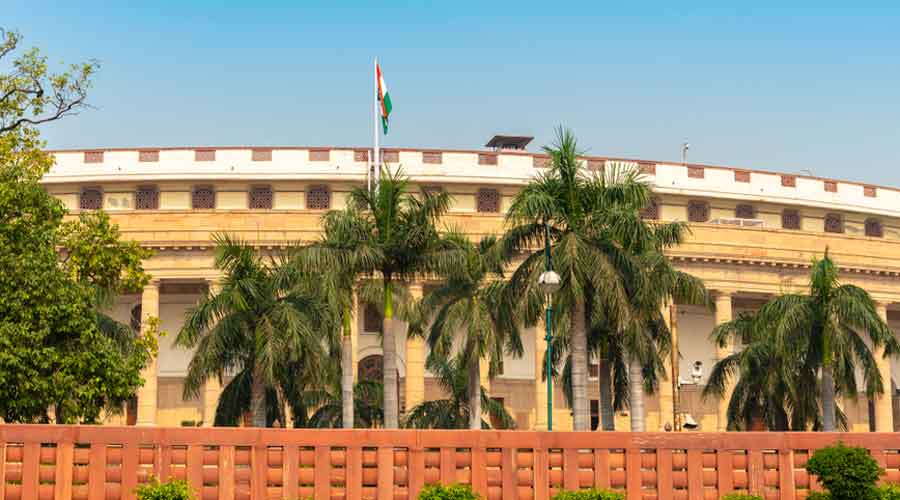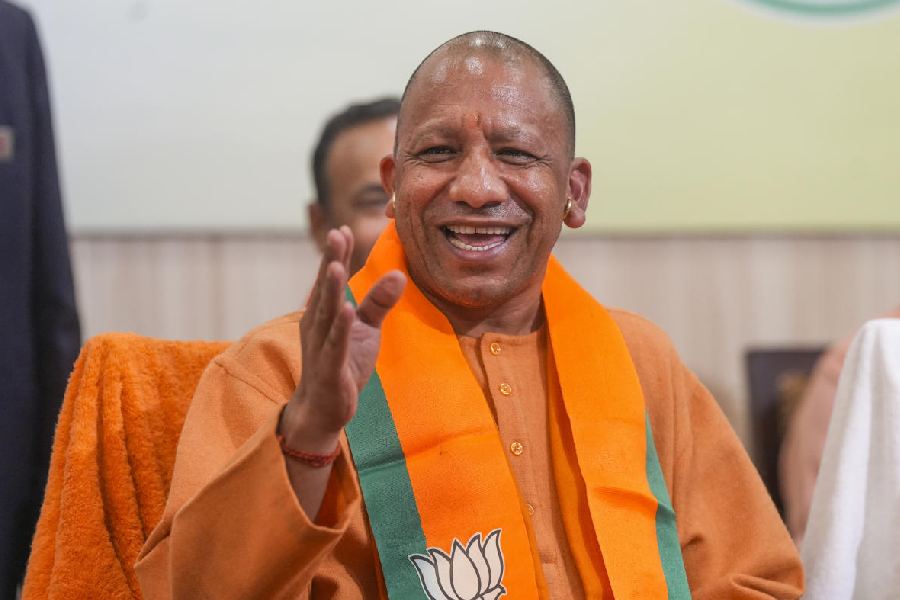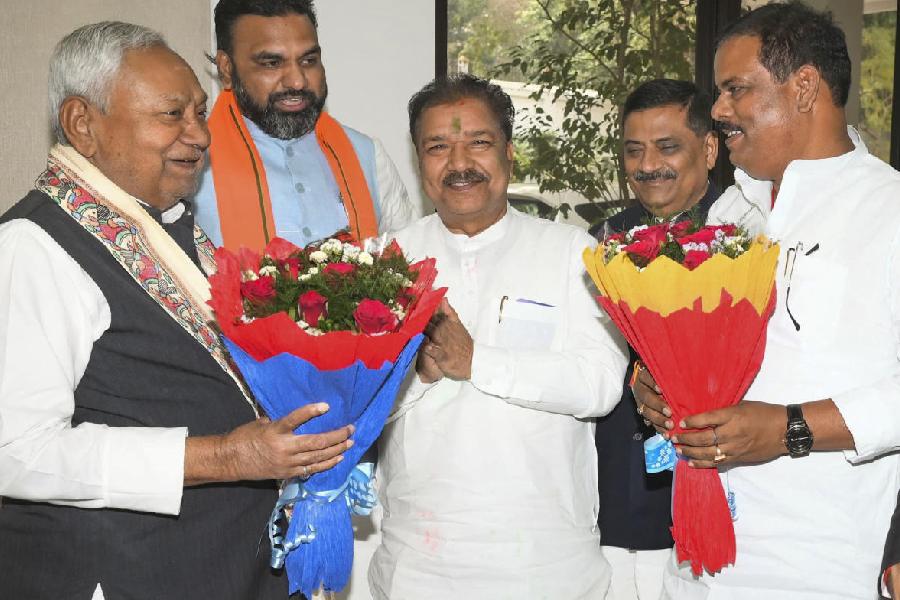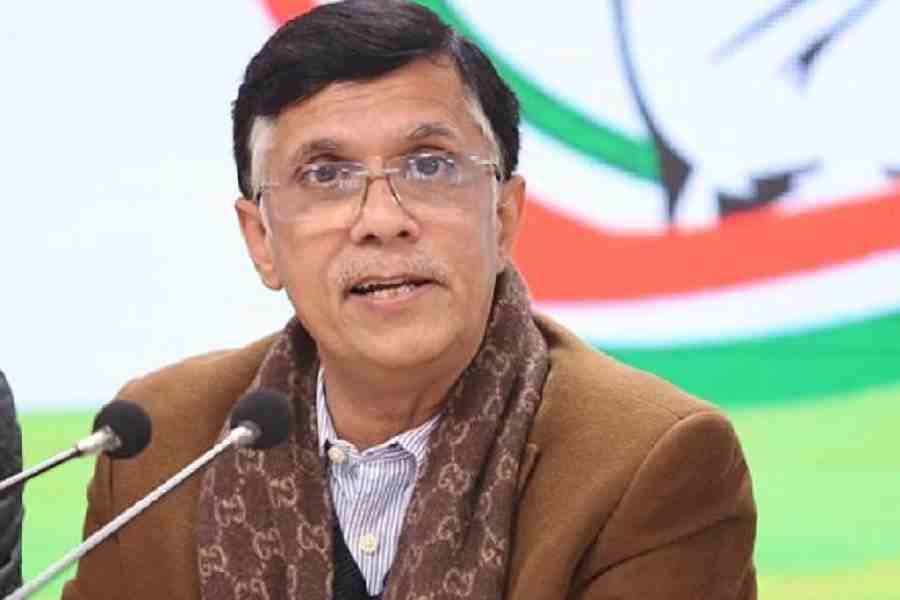A parliamentary panel has yet again rejected the government’s request for dropping an assurance given in the Lok Sabha for introducing reservation in admissions to private higher educational institutions.
The Lok Sabha Committee on Government Assurances (2019-20), headed by BJP MP Rajendra Agrawal, has in its ninth report submitted in Parliament on September 20 rejected the request of the department of higher education under the education ministry to remove the quota assurance. In its request, the government had cited a pending case in the Supreme Court.
“The ministry has requested the committee to drop the assurances on the ground that the matter is sub judice. The committee feels that the matter of reservation in private unaided educational institutions is a social justice and empowerment measure and is needed to be brought to its logical conclusion. The ministry is required to apprise the committee of the final outcome of the matter along with the directions of the Supreme Court in this regard,” the committee said in its remarks to the government’s request.
A similar committee of the Rajya Sabha had in 2016 accepted the government’s request to drop the assurance. The then HRD ministry had made the request to both the committees in 2015 and kept renewing the plea before the Lok Sabha panel. The Lok Sabha panel had earlier rejected the pleas in 2016 and 2018.
If the assurance is dropped, the government would be free from the parliamentary obligation of explaining the delay in introducing the promised quota.
The assurance had been made in 2006, 2011 and 2013 in response to questions by parliamentarians who had enquired about the implementation of the 93rd constitutional amendment of 2005 that had created the scope for quota in admission for Scheduled Castes, Scheduled Tribes and Other Backward Classes in private educational institutions. The assurances had been made by then junior HRD minister D. Purandeswari in 2006 and 2011 and again by junior HRD minister Shashi Tharoor in 2013.
Through the 93rd constitutional amendment, Article 15(5) was inserted into the Constitution that said nothing shall prevent the State from making any special provision for the advancement of any socially and educationally backward classes of citizens or for SCs and STs in admission to educational institutions, including the private ones.
The UPA government had in 2006 enacted the Central Educational Institutions (Reservation in Admission) Act providing for reservation in admissions to centrally funded institutions.
The NDA government brought a bill in 2019 for another amendment to the Constitution to introduce a 10 per cent quota for the Economically Weaker Sections (EWS) in admissions to government and private educational institutions.
Earlier in 2011, Allahabad High Court had held reservation in private institutions as unconstitutional. The Centre has challenged the judgment in the Supreme Court. The matter has been heard thrice.
Anil Wagde, an Ambedkarite scholar and member of the Global IIM Alumni Network that is working for reservation in faculty posts in the premier B-schools, said the government was not interested in reservation in private institutions.
“The request for dropping the assurance clearly shows the government is not interested in introducing reservation in the private sector. Had the government been sincere, it should have asked for speedy hearing in the pending case in the Supreme Court,” Wagde said.
He said students coming from socially backward sections bring with them diverse experiences and deeper understanding of societal problems.
An email this newspaper sent to the education ministry on the Lok Sabha panel’s rejection of the plea did not elicit a response.











